RESILIENCE CAN LOOK LIKE:
Regional progress in motion. Communities coming together. Families growing together. Breaking cycles of trauma. A safer, brighter future. Guiding youth to thrive.
Building stronger teens, families, and communities in East Georgia.




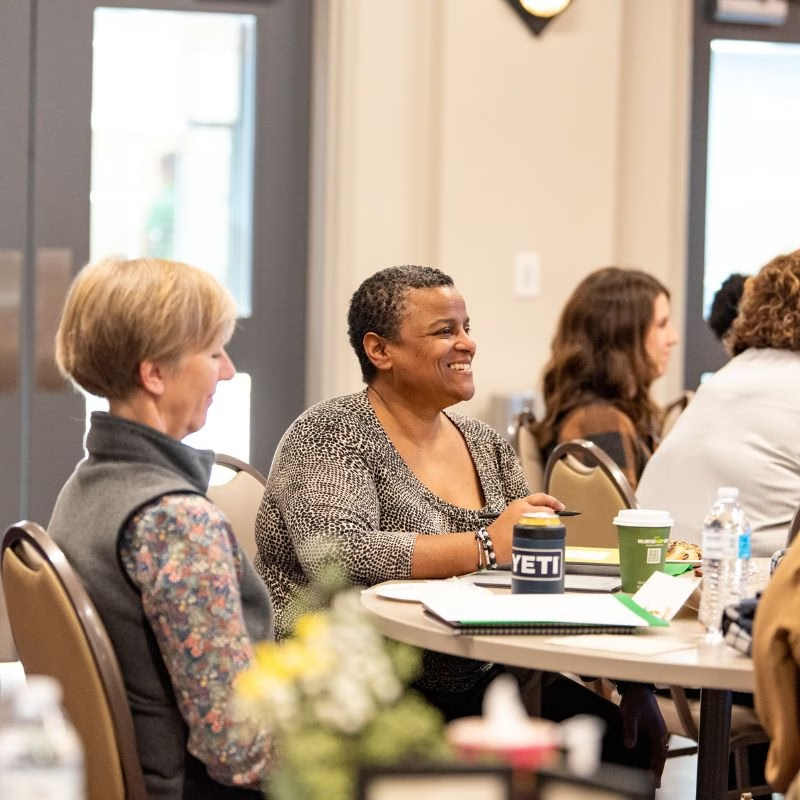
Counties that Resilient Communities of East Georgia serves:
• Burke • Columbia • Glascock • Hancock • Jefferson • Jenkins • Lincoln • McDuffie • Richmond • Screven • Taliaferro • Warren • Washington • Wilkes •
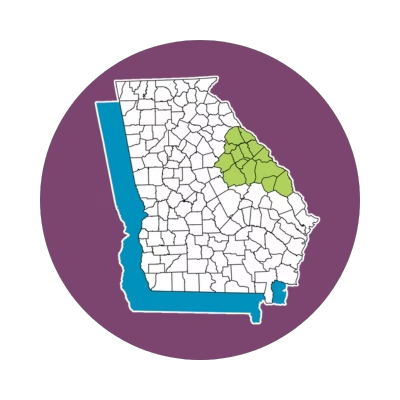
Who We Are
Creating a Resilient Future, Together
Resilient Communities of East Georgia (RCEG) is a group of caring and concerned partners working together across 14 counties to prevent childhood trauma and promote resilience. We believe in engaging people from all walks of life to address the lasting impacts of adverse childhood experiences and find solutions that meet the needs of each community we serve. Please join us on this journey.
Our Approach
We are committed to creating lasting change through a holistic, multi-faceted approach that addresses the root causes and long-term solutions to our challenges. Our efforts focus on five key areas:
We believe in making measurable, meaningful differences in the communities we serve. Our programs create sustainable impact by addressing immediate needs while fostering long-term growth and resilience.
Preventing issues before they arise is central to our mission. Through specialized training, education, and capacity-building initiatives, we empower individuals and communities with the knowledge, tools, and skills they need to address challenges proactively.
Our work relies on the generosity of donors and partners who share our vision for a better future. We prioritize sustainable fundraising practices to ensure our programs has the resources to grow and thrive. Every dollar raised is an investment in the communities we serve, helping us amplify our impact and reach.
Our commitment to research and evaluation is essential in guiding our initiatives and measuring our impact. By conducting rigorous assessments and collecting data, we identify effective strategies and areas for improvement within our programs. This evidence-based approach enables us to adapt and refine our efforts continually, ensuring that we meet the evolving needs of the communities we serve. Through collaboration with researchers and stakeholders, we aim to disseminate findings that not only enhance our work but also contribute to the broader field of knowledge, ultimately driving innovation and informing best practices in our sector.
Real change happens when systems evolve to be more just and equitable. We engage in strategic advocacy to influence policy, raise awareness, and ensure that voices from underserved communities are heard. We also work collaboratively with stakeholders to create systems change that benefits everyone.
Through this comprehensive approach, we strive to build stronger, healthier communities and create lasting positive change for future generations.
Why Resilience Matters
Mental Health Impacts Us All
Resilience isn’t just a skill – it’s a lifeline.
Sources:
- https://www.aecf.org/resources/2019-kids-count-data-book
- https://www.nami.org/about-mental-illness/mental-health-by-the-numbers/
- https://www.thelancet.com/journals/lanpsy/article/PIIS2215-0366(16)30024-4/fulltext



Testimonials
Prevention, Advocacy & Empowerment

How You can Help
Be Part of the Solution

Your support makes a difference. Help us empower the next generation by sponsoring a teen, donating resources, or attending our summit.
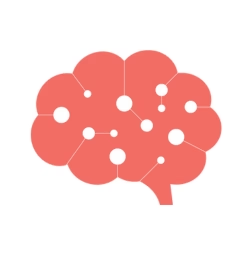
Educate yourself on trauma and its impact
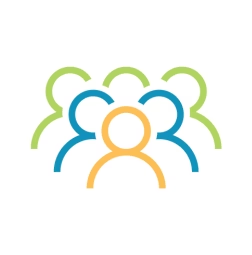
Join the regional coalition

Read “What
Happened
to You?”
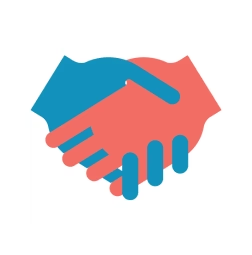
Engage with your Family
Connection collaborative

Encourage a teen to enroll in Resilient Teens

Take a Connections Matter
training

Get trained on Darkness to Light Sexual Abuse Prevention

Read to your
children and
grandchildren
daily

Love on
your family
How You can Help
Be Part of the Solution

Your support makes a difference. Help us empower the next generation by sponsoring a teen, donating resources, or attending our summit.
Our Trusted Partners
Supported by Departments of Augusta University:
- Medical College of Georgia
- Children’s Hospital of Georgia
- College of Education and Human Development
- School of Public Health
- Institute of Public and Preventive Health
- Hull College of Business
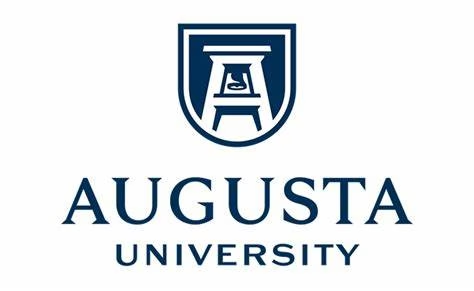
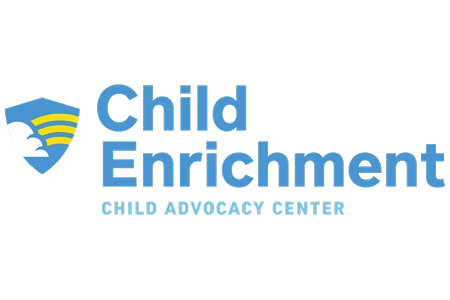

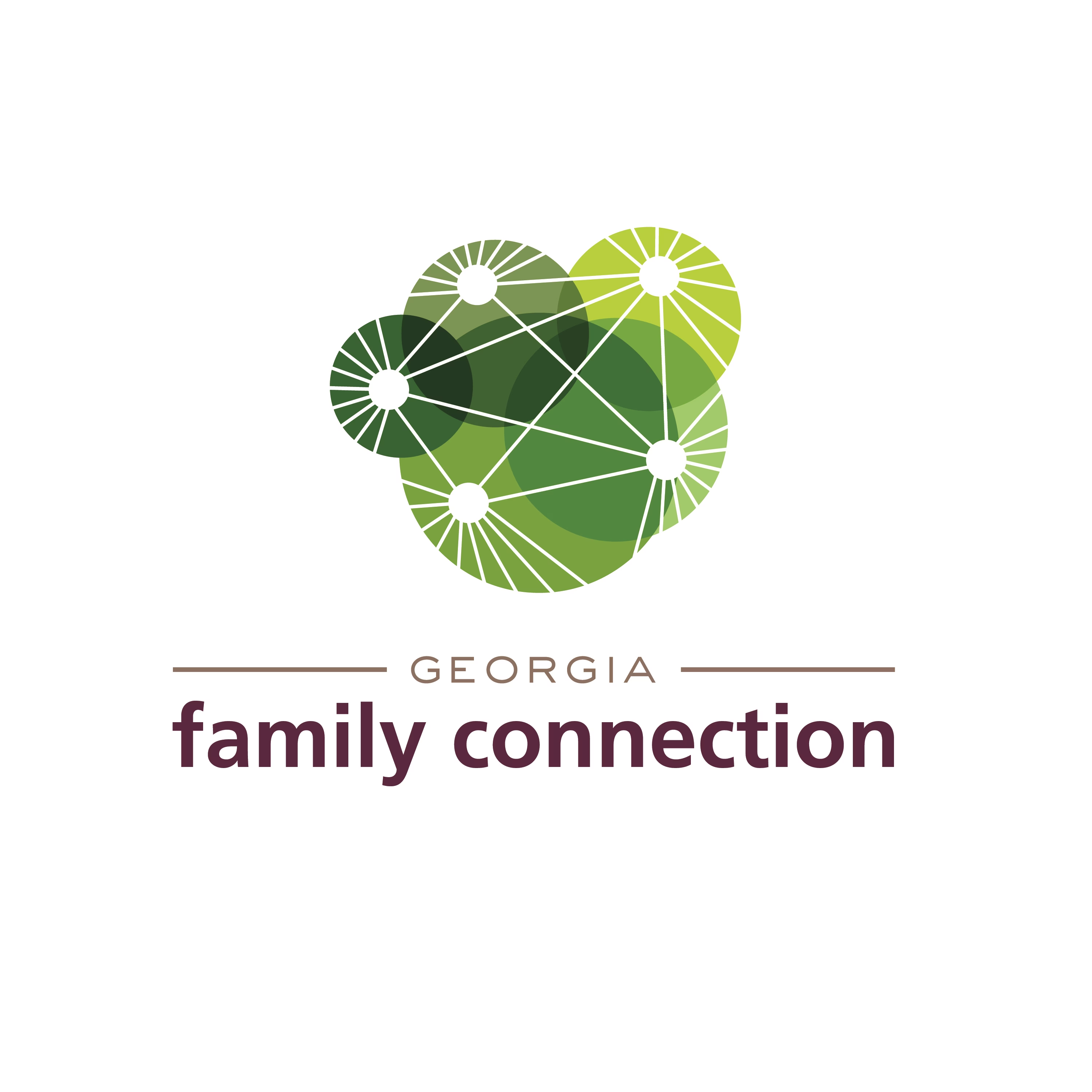
Our Trusted Partners
Supported by Departments of Augusta University:
Medical College of Georgia • College of Nursing • Dental College of Georgia
Children’s Hospital of Georgia • Department of Social Sciences • Department of Counselor Education
Institute of Public and Preventative Health • Libraries of AU and Georgia Health Sciences Foundation





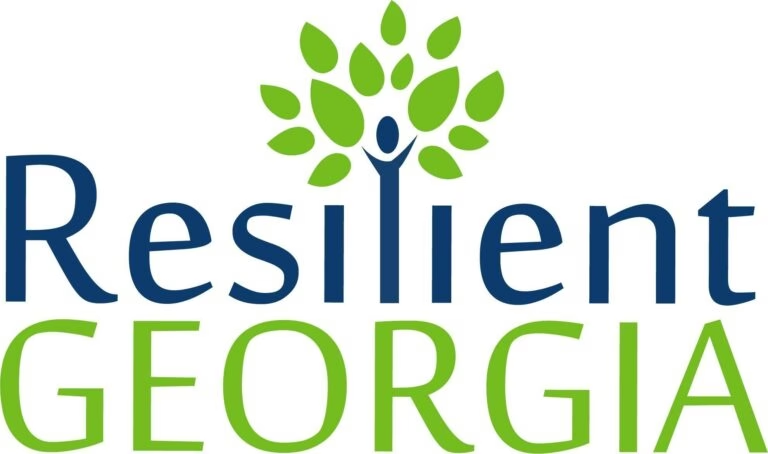


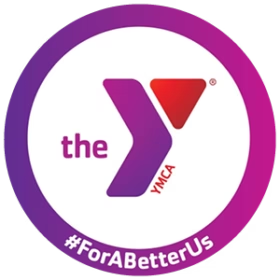

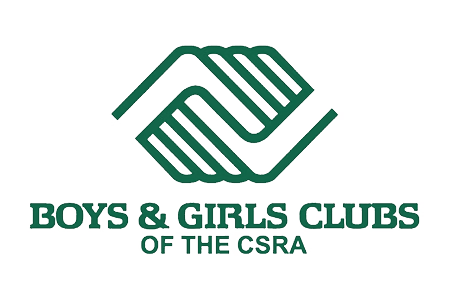

Our Trusted Partners
Supported by Departments of Augusta University:
Medical College of Georgia • College of Nursing • Dental College of Georgia
Children’s Hospital of Georgia • Department of Social Sciences • Department of Counselor Education
Institute of Public and Preventative Health • Libraries of AU and Georgia Health Sciences Foundation